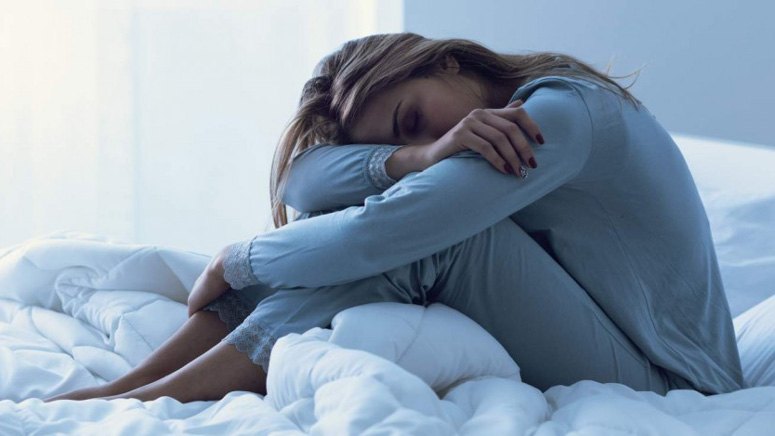How Do They Relate?

Although a 2015 study [1] identified associations between excessive sleep and sadness, the majority of the evidence points to excessive sleep as a symptom, not a root cause, of depression.
Depression frequently coexists with sleep issues. In fact, according to a study from 2017, the majority of people who have significant depression experience some sort of sleep difficulties.
Over 92 percent of the participants in the study, which examined data from 3,573 persons with serious depression, reported having problems falling or staying asleep. The most frequent sleep issue was insomnia [2], although nearly half of these patients also had hypersomnia. A third of people claimed to have both hypersomnia and insomnia.
Even after getting plenty of sleep, hypersomnia, or extreme daytime sleepiness, is more frequently linked to atypical depression, also known as severe depression with atypical symptoms. Positive life events, exciting news, and other external factors can momentarily lift your spirits when you are experiencing this sort of sadness, which is typically not the case with serious depression.
According to a study from 2008, whether you’re a woman or under the age of 30, you’re more likely to notice oversleeping together with depression.













